You might have thought that you had a deal and then a low value on the home appraisal comes in and suddenly the deal is off the table. That is by no means an uncommon thing so it’s important to make sure that it doesn’t end up being the case with your home. Luckily, there are things you can do to help make sure that it doesn’t happen, which is why we put together this list of tips n how to avoid a low value on your home appraisal.
We have divided it into different sections, so you can simply choose to just read one section if you want, or you can read the whole thing.
- What is a Home Appraisal?
- Who Orders the Appraisal When Purchasing a Home?
- How Long Does a Home Appraisal Take?
- How Much Does an Appraisal Cost for a Home?
- Home Appraisal Checklist
- Think Like an Appraiser
- What Does a House Appraiser Look For?
- Pros and Cons of Refinance Appraisals
- Does a Messy House Affect an Appraisal?
- How to Get a High Appraisal on Your Home
- Home Appraisal Tips
- What Adds Value to a Home Appraisal?
- What Happens When Your Home is Appraised For Less Than the Offer?
- What If Your Home Appraisal Comes In Low?
- Common Errors to Look for In a Home Appraisal Report
- How To Dispute and Appeal a Home Appraisal
What is a Home Appraisal?
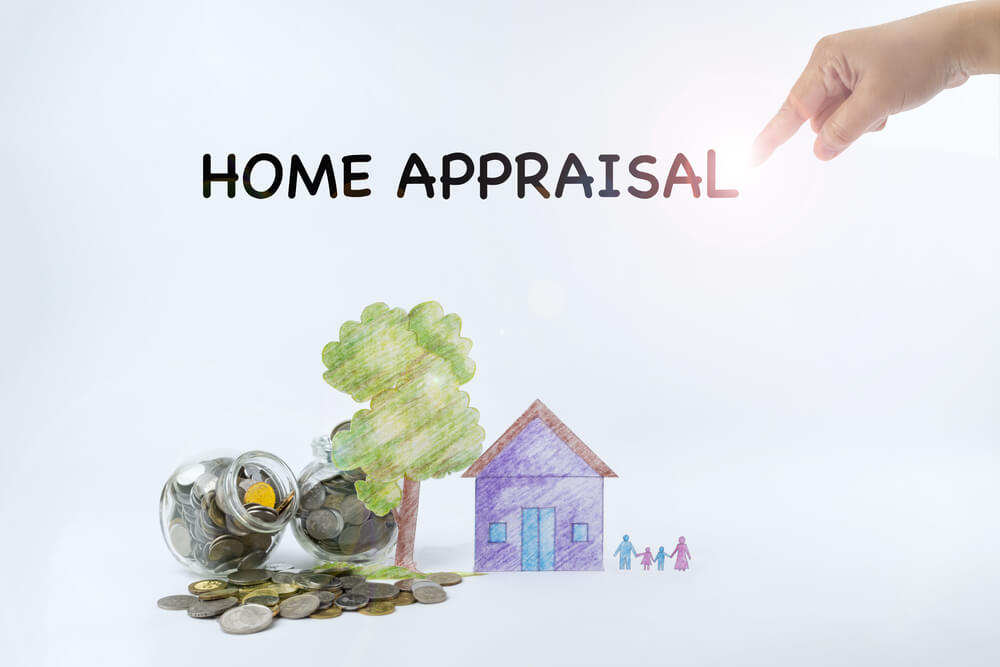
Before we get started, it’s crucial that you just understand what exactly it is. A home appraisal is an unbiased home property valuation done by a professional appraiser. They have a special importance when it comes to refinances and also when a home is sold. It’s a way to determine if the sale price is in fact in line with market valuation, and getting the mortgage approved is often conditional on a good appraisal. If you’re refinancing your home, it is also used to determine more accurately how much equity you have in the house.
The institution that is lending you the money wants to secure their end of the deal against losses and wants to make sure that a buyer isn’t largely overpaying, and therefore borrowing, a lot more than the property is worth. If you end up defaulting on the loan, the lender takes over ownership of the property and they want to make sure that their investment is safe.
Who Orders the Appraisal When Purchasing a Home?

The buyer in the process wants to make sure that they’re not overpaying for a property, and the lender usually requires an appraisal, so it will as such be the buyer’s side that orders the appraisal. There will be some cost associated with it and that will be paid by the buyer.
In some states, it’s possible to waive the appraisal and home inspection requirement, however it isn’t recommended not to get one done. To get piece of mind, you should however get it done anyway. While it’s usually the buyer that pays the associated cost, it will be written into the contract who is paying for it.
How Long Does a Home Appraisal Take?

There are 3 different parts to the home appraisal process that you need to know about. The first is the actual inspection of the home. The second one is a comp analysis, meaning the appraiser will check what other comparable homes nearby have sold for. The last part of it is a report that looks at all the different aspects of the house and why the valuation is what it is. It usually takes a couple of days for the appraiser to make this report.
The two different types of appraisals include the full narrative appraisal which is generally only needed for commercial real estate and the short form appraisal. The long form can be up to a hundred pages, while the short one is usually less than 10.
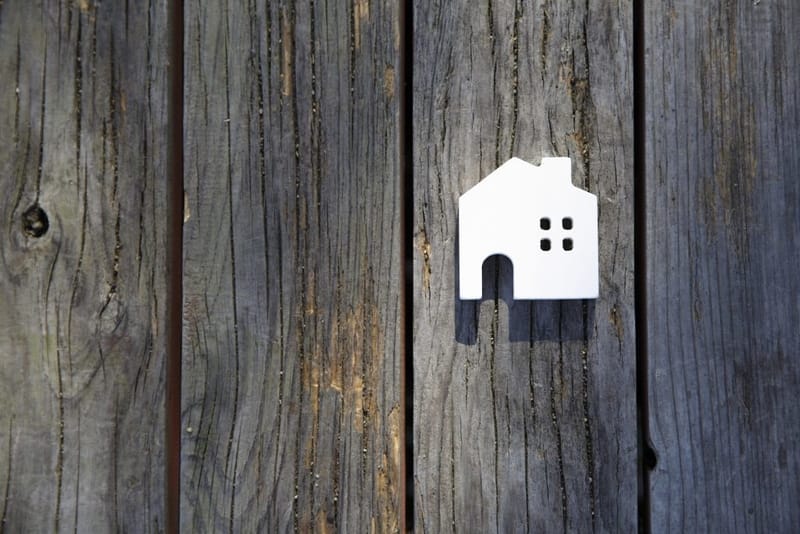
A home appraisal can simply be a thing that gets done so that the sale can go on, when everything goes according to the plan but if it is lower than expected, this could lead to the process being slowed down, and it even could end up not going through as well. Taking active steps in making sure nothing bad happens during the appraisal is a good way to help speed up the whole process and keep it running smoothly.
With properties in worse condition, the process can take several hours to get done but it can also be significantly less if there are no problems at all.
How Much Does an Appraisal Cost for a Home?

The usual cost for an appraisal is in the range of $200 to $400, but there are certain factors that might influence it, like the state of the property. These professionals carry the necessary state licenses to be able to carry out the work.
The different between an appraiser and an inspector is that the inspector is focused on uncovering problems, and the location of the house doesn’t play a role in that process, but in order to come up with an accurate understanding of the value, the appraiser will also need to consider the location. While the condition of the house is clearly also a very large part of the overall home value, so is the location and the work of the appraiser is therefore more extensive.
Home Appraisal Checklist

There are a lot of different factors that play a role in an appraisal. To say it quite frankly, they look at everything the can which includes but not limited to the checklist below.
- Overall condition of your house.
- The plot and size of actual house.
- All the different aspects of your landscaping.
- Amount of different rooms, including bedrooms and bathrooms.
- Features such as swimming pools and other unique things.
- Fireplaces and their condition.
- The condition of the basement, where a finished basement will inevitably increase the home’s value.
- Finishing details that can include if a garage was turned into a room, if the house has hardwood flooring, the materials of the roofing and siding and more.
When the appraiser is doing the comp analysis, that includes other properties with relatively same features. If there is one that is very similar, then that is obviously a better comp than ones with very different features, or a different overall condition of the house.
The things that carry the most weight include the amount of bathrooms and bedrooms and whether things have been finished. Once things have been done properly, it will often only add very little additional value to have it done luxuriously, and you’ll just end up spending money on things that won’t increase the sale price.
The more comps are out there, the easier it will be for the appraiser to come up with a better valuation, and it generally takes somewhere between five to ten comps to come up with an accurate valuation. Since the neighborhood plays such a huge role, the more similar the location is, the better the comp. You also want to be looking at the houses that were in fact recent, because market conditions change over time, especially if you live in an area where prices are either rapidly going up or down. For the sake of keeping things as relevant as possible, foreclosures are excluded from the comparison.
Think Like an Appraiser
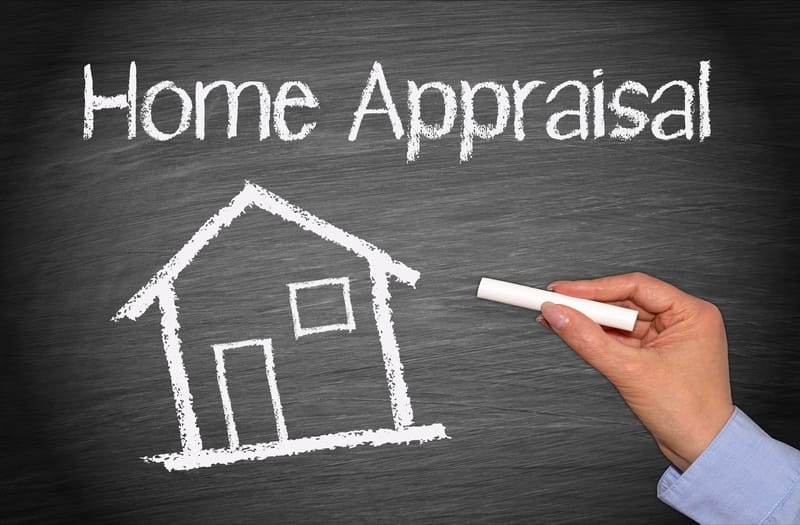
Thinking like an appraiser is what you will need to do when you are trying to avoid a low appraisal value. While you won’t have the same eye for spotting potential problems, it’s a good start to try and align the way you think with the way that they would.
- Evaluate the condition of your home – look at anything that might be problematic and note it down. Be as objective as you can, although that can obviously be hard to do when you’re the one who has lived there for a number of years.
It’s better to go through the place properly and paying attention to all the small details as well as the big ones. You doing an inspection like this is no match to having a professional come by, but thinking like an appraiser is not a bad starting point. Functionality, quality, location and aesthetics are the factors used by a pro to evaluate your property, with especial focus on functionality. They will also be looking for building code issues, which generally apply to the electrical aspects, plumbing, HVAC, sewage and more.
- Consider the neighborhood you are in – what is the general condition of your neighborhood and what trends is it seeing? Are people generally taking care of their properties and are the prices increasing too? If so, that is a great thing when it comes to the appraisal of your home.
What Does a House Appraiser Look For?
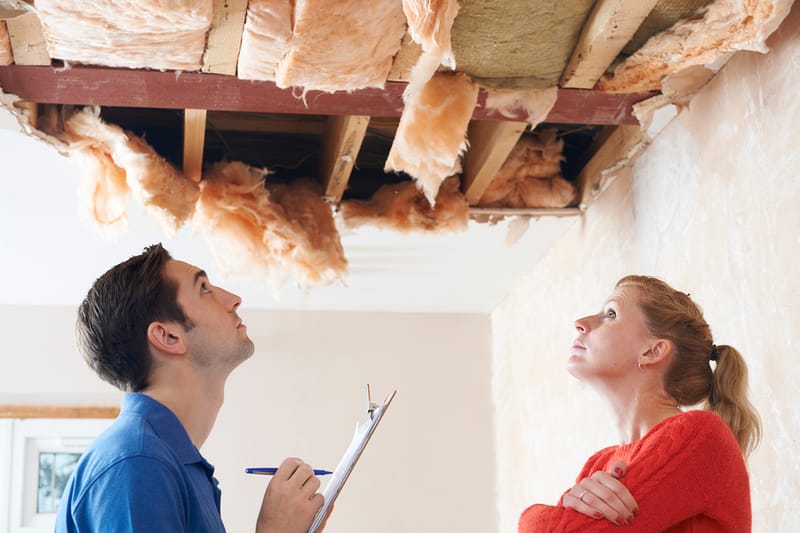
To determine the value of your property, there are a lot of factors that come into play. It also requires a good understanding of the different construction aspects. The places where the appraiser places the biggest emphasis is on those aspects that are crucial to the house and which would be very costly to repair. They’ll be especially careful when looking at the following:
- Condition of the roof – replacing the roof is an expensive upgrade, but they will also look to make sure no roof leaks have managed to cause damage to the property either. Water leaks can cause serious damage that is expensive to repair. To avoid any potential issues, it’s best to make sure that you’re doing the sufficient maintenance over time and that you get a roof inspection on occasion too.
- Siding – the same applies to your home’s siding. Wood siding needs periodic painting or staining and improper maintenance will lead to early deterioration which will affect the appraised value.
- Foundation – problems with the foundation will require repairing, which isn’t cheap and problems here could seriously affect the appraised value.
- Framing – the framing provides the support needed for the structure, and if termites, water damage or other damaging elements have gotten to it, this will be expensive to repair.
- Size of the lot and neighborhood – the appraiser will determine what the value is on the basis of how it compares. If you are trying to get 20% more than the neighboring lot that is identical, you will run into some problems. If the home is relatively small compared to the neighboring houses, it’s good if there’s enough space to do home additions to increase the square footage.
- General home improvements – while you can remodel your home and make it nicer, you need to first have the basics nailed. Upgrades are not made equal and some of them will add more value than others will.
- Additions that increase functionality – you often won’t see a lot of increase in value from nice-to-have upgrades, but if you went ahead and installed a sauna earlier, it will impact the value slightly.
If you recently had other things installed such as new windows, had the garage remodeled or installed a lawn sprinkler system, these are all things that increase the value and that an appraiser will be looking for too.
Pros and Cons of Refinance Appraisals
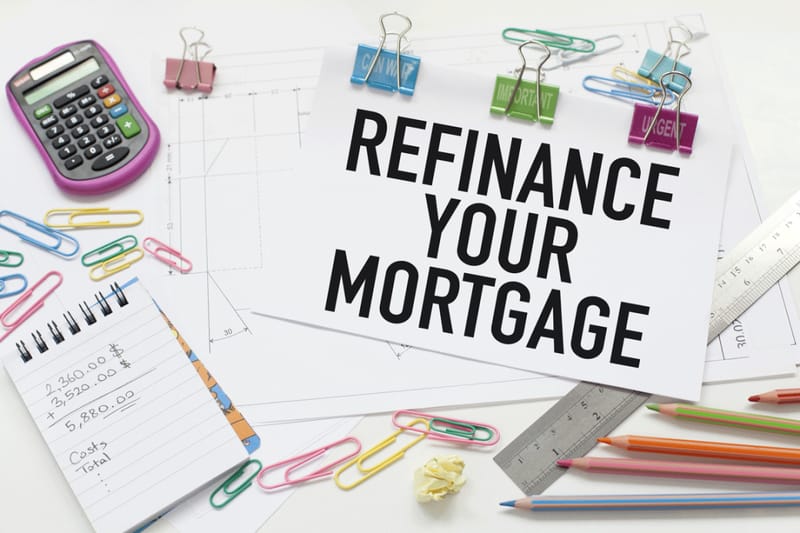
There are different reasons why you will want to get an appraisal done, besides just being in the process of either selling a house or buying one. The appraisal is needed for a refinance and can help you in a range of different ways.
Pros of Refinance Appraisals
- Get out of paying PMI – PMI, or private mortgage insurance, is often required when you have less than 20% equity in the home, so an appraisal can help you get out of PMI if it can be shown that you now have more than 20% equity in the home. It becomes the case when you have either paid down your mortgage, done upgrades to the home that increased its value or the general area has seen rising home prices. To find that out, you need to find out what your home is currently worth.
- It can help you get favorable terms when you refinance – the whole point of a refinance is to make sure that you get favorable terms on your refinance, which translates into a lower interest rate. When you get more equity in the home, the risk to the lender also decreases significantly and this can translate into better rates for you. With a lower interest rate you will also be paying less per month.
- Identify trends – the same way that an agent has a lot of information regarding the market you’re in, so does an appraiser. They do comp comparisons all the time and can therefore be able to tell you interesting information too.
Cons of Refinance Appraisals
There are some disadvantages too to keep in mind.
- It’s obviously not free – the cost of these appraisals can cost as much as $400 which is not insignificant, and it is money you will end up paying not knowing if the finance actually goes through or not.
- The possibility of a valuation you might not like – it’s not fun to be faced with the reality that your home isn’t worth nearly as much as what you thought it was. It will be a psychological blow, but it could also mean that the refinance ends up not being able to go through.
Does a Messy House Affect an Appraisal?

With the appraisal being done to determine the value of your home, it’s only natural that you want to find out if mess can in fact affect the value. The good thing is that a messy house shouldn’t as such affect the valuation for as long as it doesn’t actually affect the condition of the house. The issue is that we’re all humans, and a messy house will leave a certain impression with anyone.
When a mess actually ends up damaging the house, that is when it will affect the value. Say that you found out something leaked into the floor and has now caused water damage to the hardwood, the mess has now had an effect on the valuation. An appraiser will know that they need to overlook the clutter and focus on the only aspects that affect the condition of the home.
Be sure to also read our guide with home organization tips. Keeping your home organized is always a good idea, and you might want to consider organizing it prior to having it appraised even if it shouldn’t matter.
Make sure that your mess isn’t causing things such as molds or other things that would cause the house to deteriorate over time. If you’re selling your home, there are different steps you can take in order to increase the price it sells at, such as staging it. If the steps that you take include fixing issues with the landscaping, then that is not simply a matter of de-cluttering, but actually improving the home.
How to Get a High Appraisal on Your Home

After getting this far into the article, it should start becoming obvious that there are things that you can do to improve the appraised value you end up getting for the house. You will need to address any pressing issues and making repairs where it’s needed.
- It’s time to get busy – all those things you have been putting off at home need to be addressed. If you can fix them yourself, take some weekends to do, or if not you can hire a handyman to help you out. You should also have due maintenance done to the different systems, including the HVAC system. Maintenance is often a better indication with regards to how long your systems will last than when they were installed.
- Curb appeal matters – we wrote a specific article on curb appeal that you can refer to. Besides just de-cluttering, which shouldn’t affect the value, you can take measures to doing easy upgrades that makes your home look more appealing and as a consequence make your home nicer.
- Gather all the relevant documents – this includes everything tax related and any upgrades you have made to the home. It is always a good idea to keep your different receipts in a convenient place where you can easily access them. You can also take photos from before and after so that you can see just the level of impact that they have had. Having evidence of these upgrades, you can show it to the appraiser and get a better valuation. Store documents that detail permits too so they’re easy to find when needed.
- Research comps – appraisers use comps and you can help by keeping comps data yourself and make it readily available to appraisers. When you know the comps, you can dispute if the valuation comes in lower than what you thought it would be.
- Stay respectful and let it take the time that it needs to – you don’t want to be pushy. Staying respectful is what is needed, so that you’re also showing them that you want to let the pro go about his business. Share information in a relaxed manner.
Home Appraisal Tips
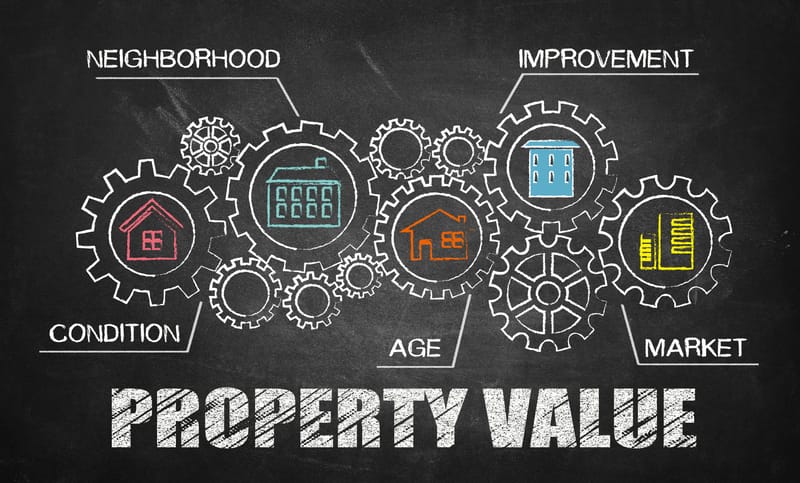
Avoid having a low appraisal value become an issue with these additional tips. when you’re the seller, you obviously want the valuation to come in as high as possible.
- Get an appraiser who is local to the area – while the job of the appraiser is to do a comp analysis, it’s a good idea to make sure that the person you have come and do the appraisal is a local who knows the area very well. Appraisers that aren’t from around there will have more limited information on the different things affecting the market value, and it’s worth requesting an appraisal from a local pro if you have the chance.
- When you’re repairing different aspects of the house, focus on the ones adding the most amount of value – upgrades that are both cheap but also adds value are the ones that you want to be focusing on. A real estate agent can be a good person in finding out which upgrades will be worth the time and money you need to put into the upgrades.
- Focus on the development in the area – if you have new museums opening up, good restaurants or other initiatives to upgrade the area, casually talk about those with the appraiser, especially if it’s not a local. It’ll be a good focus for the conversation and will get you small talking.
- Keep your distance – the appraiser needs to do his job and the last thing you want to do is to get him annoyed by being too pushy. If they don’t have enough space to feel like they can do what they’re there for, they might be thinking you’re being so engaged to keep them from focusing on problem issues.
Check out these tips from BiggerPockets too.
What Adds Value to a Home Appraisal?
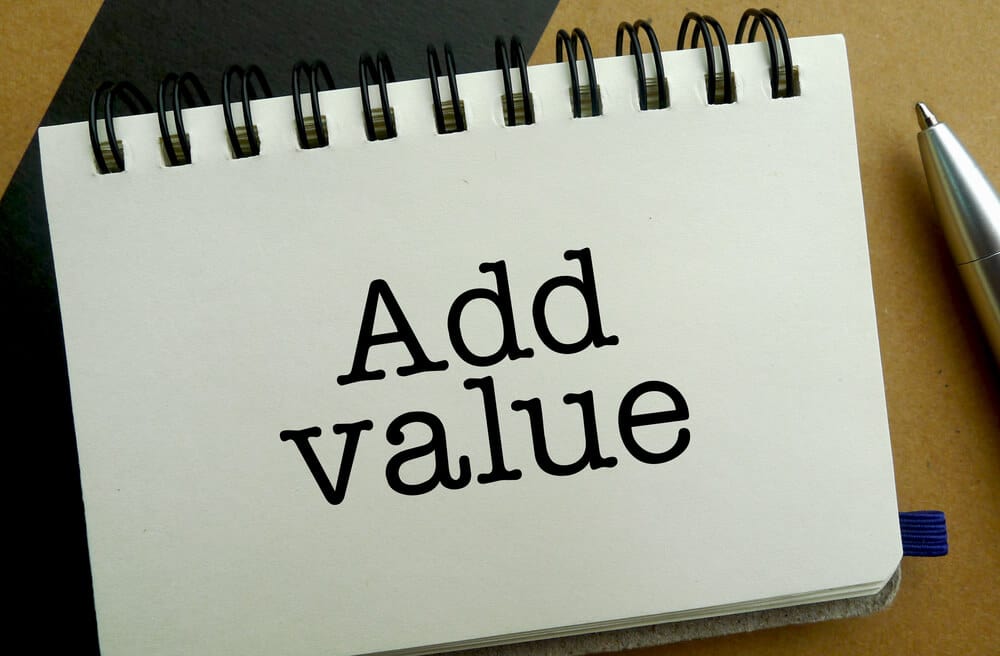
As mentioned, ask your real estate agent, but when you’ve done that, we have written an article about increasing the value of your home, and this article applies to appraisals too.
What Happens When Your Home is Appraised For Less Than the Offer?

There are different reasons why your appraisal could come in lower than anticipated, and then you need to figure out how to make sure it doesn’t become a deal breaker. It will not feel good if you’re the seller, but it can simply be what happens. It’s not uncommon, and it’s definitely common that buyers think their property’s value is higher than what the seller thinks, or the appraiser for that matter.
It could be due to a low number of comps which will make it harder for the appraiser to accurately have anything to compare against. Your property could be so vastly different from other houses that have sold in your neighborhood that a comparison becomes practically unusable. A low appraisal could also mean that the buyer needs to come up with a bigger down payment to have the sale go through.
The offer that you as the seller have received will often have a contingency in it, meaning a low appraisal may prompt different things to happen, like a renegotiation of the price and conditions. It will unfortunately probably end up meaning that everything ends up taking longer than expected, but it might not be a deal breaker.
You could get a new appraisal done if you don’t believe the first one was accurate, which could come out more in your favor, whereby the issues would be solved. You can also appeal the valuation that they came up with.
What If Your Home Appraisal Comes In Low?
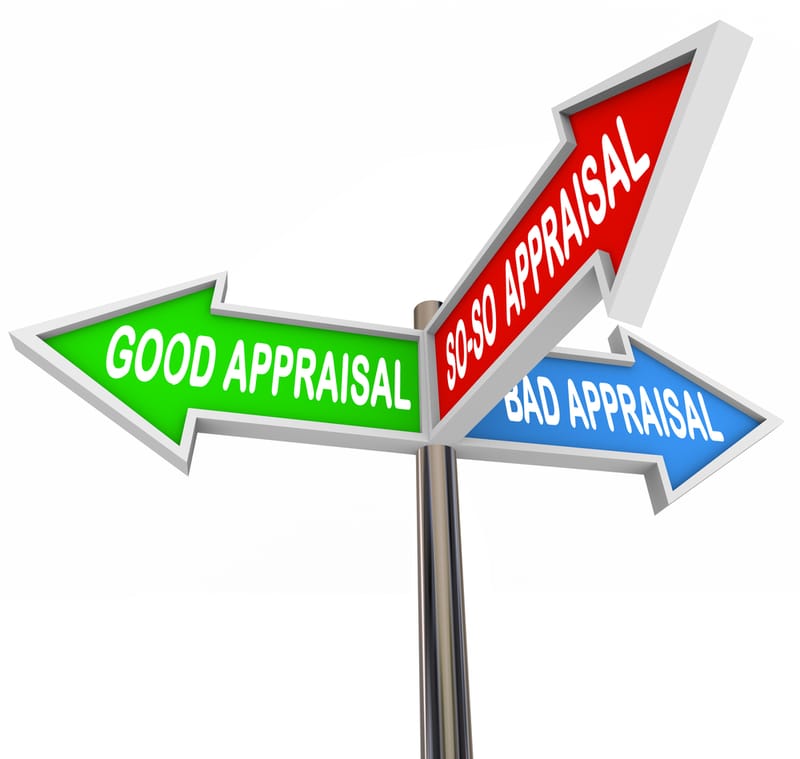
When valuations are rapidly rising in the market you’re in, you could see your appraisal come in lower than you think it should be. Since historical data is included in the appraisal, but the best comp was sold a year ago, the development in the housing market in your area could have been a lot more positive than the comp reflects.
That is when you have different options to consider.
- Appealing the valuation – rebuttal of value is what you will be looking to do whereby the loan officer, yourself and an agent will try and work together to find better comps that would help in justifying the higher valuation you believe is more accurate.
- Getting a second appraisal – a second appraisal could be a possibility but would also cost you money, although possibly coming out with a more favorable verdict.
- Renegotiating – the buyer and seller can see if they can work together on finding a price that more accurately reflects the appraisal, although the seller could turn down this suggestion. Often, the seller will be willing to sit down and do so instead of having to go through all the steps of selling a house again.
- When it becomes a deal-breaker – walking away from the deal may simply be the only viable option for either the buyer or seller once this new information has come out. It sucks, but sometimes it’s the only viable option.
Common Errors to Look for In a Home Appraisal Report
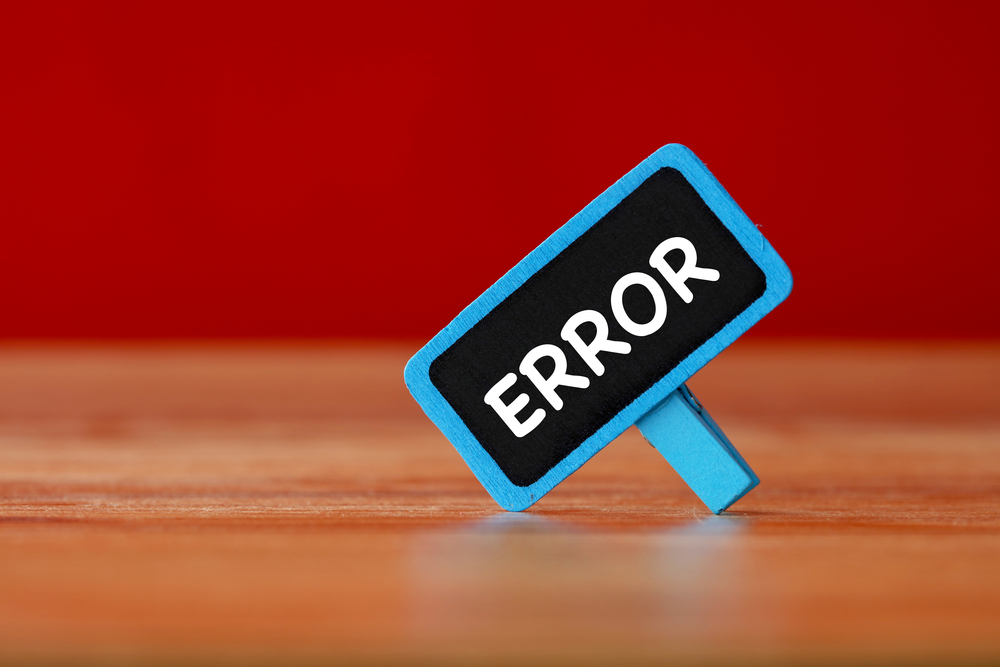
Errors aren’t uncommon when it comes to home appraisals, and you should know what to look for when you get the report from the pro. By now you know that there are certain things that cause valuations to come out lower than you wish, like a market downturn for instance, but when the valuation’s too low, you can start off by looking for errors in the report. In fact, here are the most common errors to look for in the report.
- Be sure to check – you can generally trust their reports but it’s always still a good idea to verify everything. Things that are commonly made errors with include the heated and cooled square footage, as well as the gross living area (GLA). You can compare the numbers to past appraisals to see if there are any changes, which shouldn’t be the case if you didn’t make any home additions.
Small differences may be inevitable since two different people come up with marginally different numbers, but it shouldn’t be numbers that are significant at all. Big differences should make your alarms go off.
- Check the report for adjustments that are present or lacking – if your report shows some adjustments that you either disagree with or ones that should positively affect the value, bring them up.
- Lack of mentioned upgrades – while you won’t be able to recoup your investment with all types of upgrades, you may have done upgrades that you know ought to have increased the valuation, and if they aren’t mentioned on the report, that’s another common error.
- Check that the number of rooms is correct – while it shouldn’t happen, the appraiser might have forgotten to include a room of some type which will negatively affect the appraisal, and this should obviously be fixed.
- See what comparables were used – since the appraisal takes into account comps in your area, the comps used should also be good ones. Poor comps won’t give you a fair understanding of the value, so make sure to see if the comps are actually ones that resemble your own home.
How To Dispute and Appeal a Home Appraisal

Disputing and appealing the appraisal maybe needed when severe mistakes were made that lowered the value. The different steps to doing so are mentioned below.
- Avoid panicking when it happens. If the appraisal is really lower than it should be you have options.
- Start out by getting a copy of the report so that you can scrutinize it and find possible mistakes.
- Check out the comps together with your agent to see if they are in fact a good comparison or not. Homes generally vary to some extent but finding better comps will make the comparison better. This includes making sure they’re in the same neighborhood with similar features.
- Notify the appraiser that the used comps are inadequate. Rather than simply saying they are inadequate, make sure that you find better ones so that they can help argue your case.
- See if there are permit issues noted on the report that shouldn’t be there, because you in fact have the necessary permits. If a permit wasn’t filed properly, the appraiser may not have seen it and it could therefore show up as a problem on your report.
- Make sure that home upgrades are properly listed. Don’t brag, just notify them of the improvements and why it makes the house more valuable than the comps.
- Send off a request to reconsider the appraisal – this will be done through the mortgage company now that they have the newly available information.
- Demand a second appraisal – having a second appraisal done is a possibility if the first one refuses to reconsider given the information you found, or simply getting a new appraiser to look at it.
Free Online Home Appraisal Tools

Whether you’re buying or selling a house, it’s a big decision. For a buyer, it’s suddenly a big emotional investment as well as a financial one. Appraisers will be able to come up with the most accurate appraisals but there are free online home appraisal tools you can also make use of which are a great starting point. The tools mentioned here are good ones to start with.
We hope these tips have helped you in making sure you avoid a low value on your home appraisal to start off with and what to do when it does happen. Otherwise, all that’s left to do is to wish you good luck.